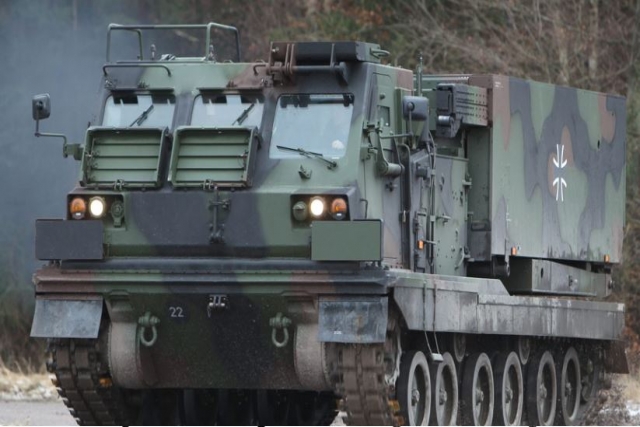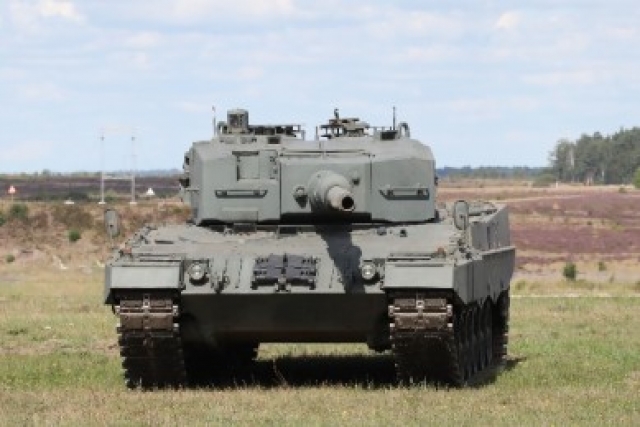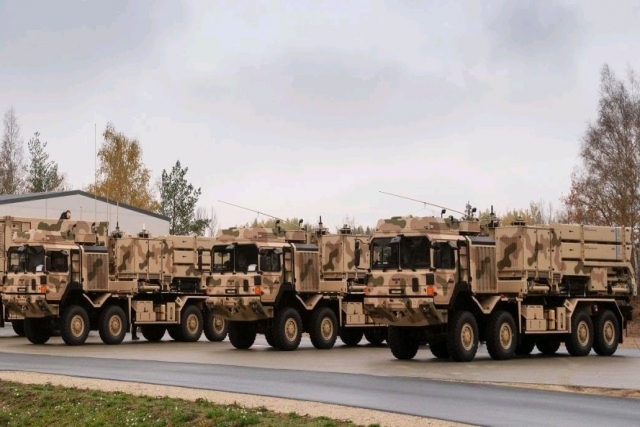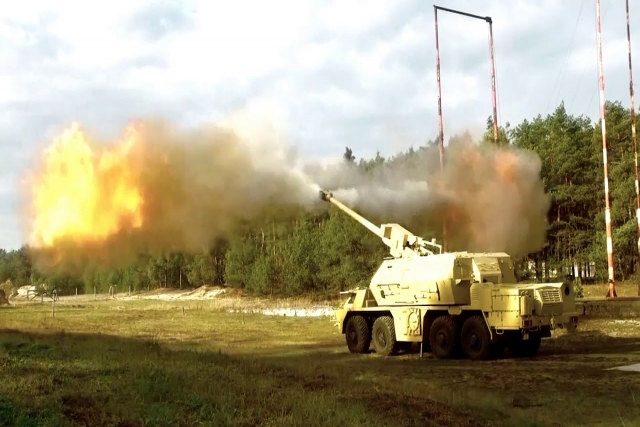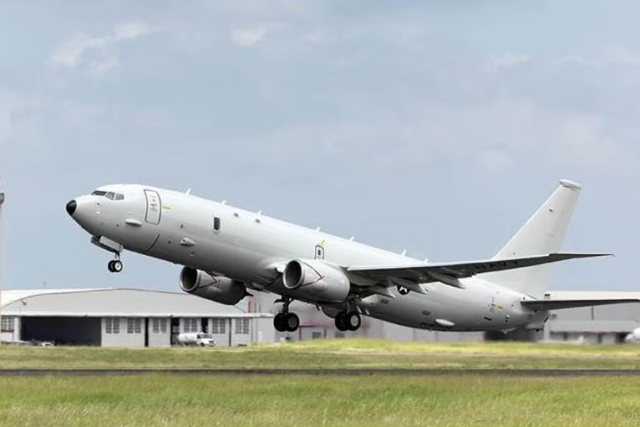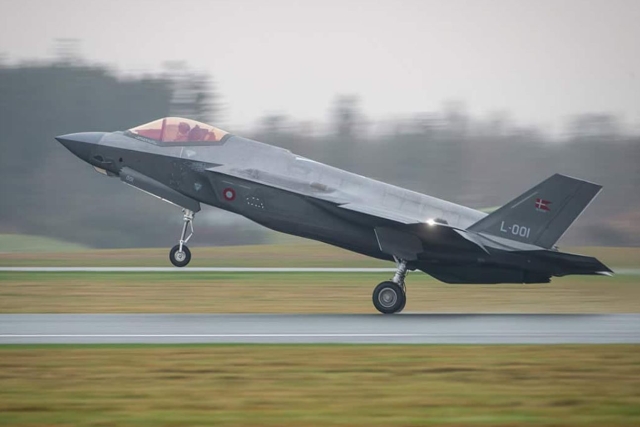Germany May Reduce ‘Dependency’ on Swiss Weapons after Switzerland Blocks Munitions Export to Ukraine
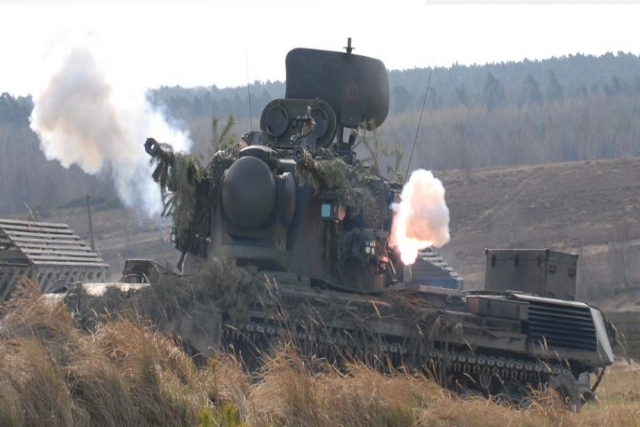
Traditionally neutral Switzerland has yet again blocked Germany from sending Swiss-made munitions to warn-torn Ukraine, which may force Germany to reduce its "dependency" on importing weapons, even from the “neutral” country.
“There is no reason to reply favorably to the German request to transmit Swiss military equipment to Ukraine,” Economic Affairs Minister Guy Parmelin explained in a letter to German Defense Minister Christine Lambrecht last week. “The equality of treatment deriving from the law of neutrality does not allow Switzerland to approve a request to send military equipment of Swiss origin to Ukraine while this country is involved in an international armed conflict.”
Germany wants to send 12,000 Swiss-made 35mm rounds that were bought by Berlin decades ago to restock the 50 Gepard (Cheetah) self-propelled anti-aircraft gun cannons it had pledged to Ukraine.
Ukraine had requested Gepard guns to shoot down Russian drones and cruise missiles.
According to a Ukrainian defense attache in the U.S., the Gepard has been used to "great effect" against "relatively crude" Iranian-made Shahed-136 loitering munition. The Conflict Intelligence Team considers it likely that a Gepard destroyed a Russian Kh-101 cruise missile as it was targeting a Kyiv power plant on October 18.
The Cheetah system was once developed with the partnership of Switzerland. The Swiss government, as part of the original sales contract with Berlin, has veto power over the munitions’ resale or donation. It restricts the transfer of weaponry, ammunition, and other military supplies produced in Switzerland to a nation engaged in a global conflict.
Germany to review supply chains to reduce weapons import
Chair of the Defense Committee in the Bundestag Marie Agnes Strack Zimmermann has called for a fundamental review of the supply chains because of the Swiss veto.
“Germany can no longer make itself dependent – as in the case of Swiss ammunition for the anti-aircraft gun tank Gepard,” she said, adding that ammunition purchases of €20 billion or more would be necessary in the coming years.
Kyiv wants these weapons to ward off air raids to protect Ukrainian grain.
“It is unfortunate, however, since the ammunition for the cheetah is needed primarily to ward off air raids on ships laden with wheat in the Ukrainian ports. If this fails, 190 million people around the world will end up in starvation,” Strack-Zimmermann added.

“What actually happens when Germany or one of the NATO countries was attacked and the ammunition manufactured in Switzerland was not delivered due to this ‘neutrality’?” the politician questioned.
Berlin also obtains ammunition from Switzerland for its Mantis anti-aircraft weapon system, ammunition for the main armament of the Puma infantry fighting vehicle (IFVs) and for Tornado and Eurofighter combat aircraft. “In terms of security policy, the world has changed since February 24, and Germany must immediately check the relevant delivery routes when ordering ammunition and change or adjust them if necessary,” she said. “Reliability in this situation is essential.”
Switzerland has, however, agreed to provide $100 million in aid to Ukraine to help provide drinking water and rehabilitate damaged energy infrastructure as winter approaches. It has also adopted all the sanctions already imposed by the European Union (EU) on Russia over its invasion of Ukraine.
Ukraine seeks Brazil’s help for Gepard ammunition
Ukraine’s Defense Minister Oleksii Reznikov has called on Brazil to help with ammunition for Gepard gun to protect grain hubs from Russian attacks. He reportedly said this at a briefing in Odessa on Friday, addressing a Brazilian journalist.
"I will also send a signal to your government, because you also have the opportunity to provide us with ammunition for the Gepard system. They are not only in Switzerland, but also in Brazil, so if you convey such a request from me, I am ready to formalize it," Reznikov said.
Switzerland-produced weapons used in Wars
Swiss weaponry were reportedly used by Hitler’s army in World War II; and are still being actively used in war zones in Afghanistan and Yemen.
In 2021, the Swiss parliament rejected a total ban on arms sales to Saudi Arabia.
“Swiss legislation suffers from a double hypocrisy,” Swiss politician Baptiste Hurni told RTS in February. “Saudi Arabia wasn’t considered a war zone, although we knew it was extremely unstable… The second hypocrisy is what I call the ‘baseball bat syndrome’. If you sell ten baseball bats to a criminal group, do you know if they are going to play baseball with them?”
